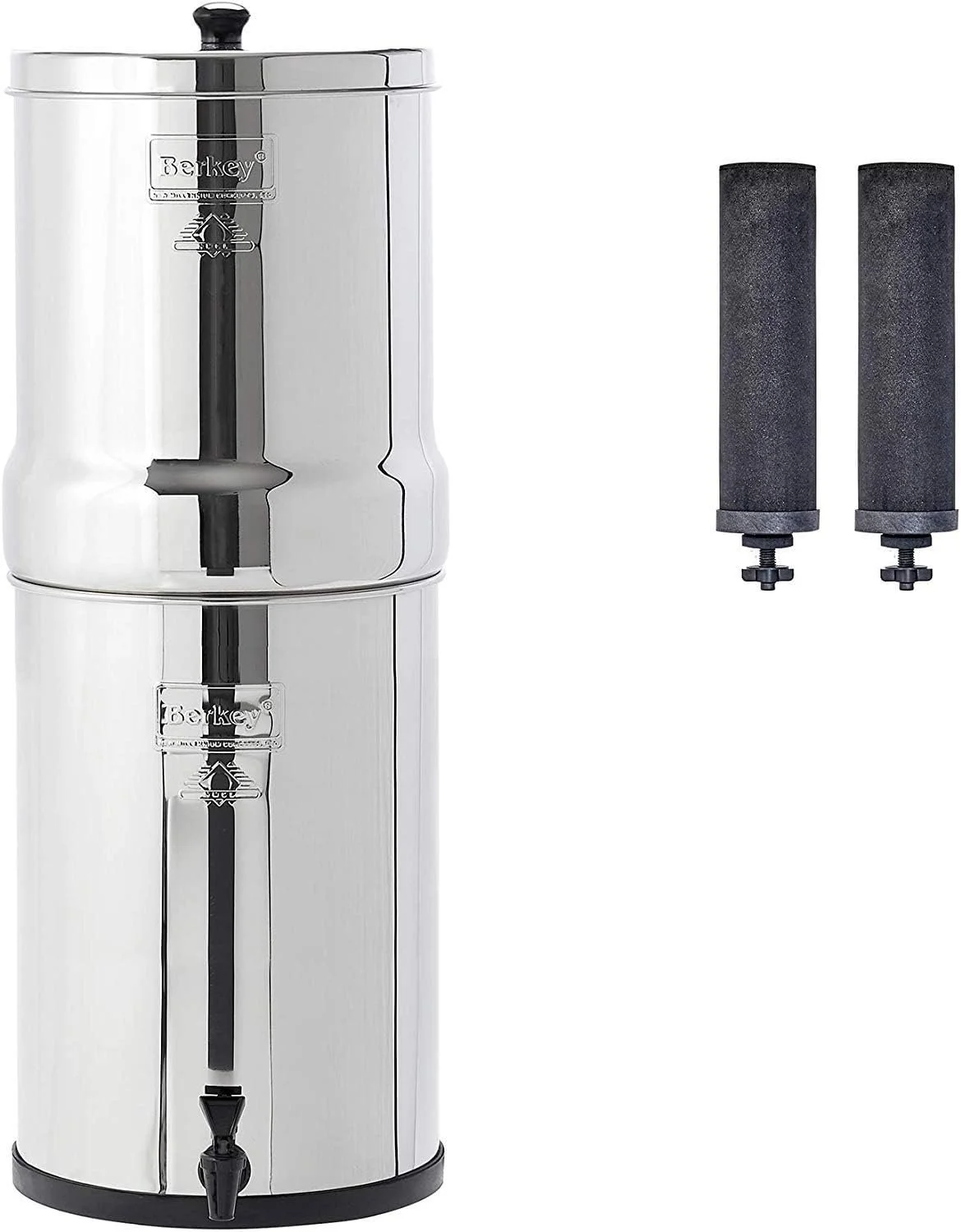How Much Caffeine is Healthy for You?
/The amount of caffeine that is considered healthy on a daily basis can vary depending on several factors, including individual sensitivity to caffeine, age, overall health, and any preexisting medical conditions. The general guideline for healthy caffeine consumption is to limit intake to no more than 400 milligrams (mg) per day for most healthy adults, which is roughly equivalent to four cups of brewed coffee or 10 cans of cola.
However, it's important to note that caffeine sensitivity can vary widely among individuals. Some people may experience adverse effects even with lower amounts of caffeine, while others may be more tolerant and able to consume larger quantities without any issues. Additionally, certain groups may be more sensitive to caffeine, such as pregnant women, individuals with certain medical conditions, and those taking certain medications.
It's always a good idea to listen to your body and be aware of any negative effects that caffeine consumption may have on your health, such as difficulty sleeping, increased heart rate, anxiety, or digestive issues. If you have concerns about your caffeine intake or its potential effects on your health, it's recommended to consult with a healthcare professional for personalized advice.
Common Sense Action Steps
Know your bodies responses: difficulty sleeping, increased heart rate, anxiety, or digestive issues.
Choose high-quality, organic coffee: Look for coffee that is labeled as organic. Organic coffee is grown without the use of synthetic fertilizers, pesticides, or herbicides, which can reduce your exposure to potentially harmful chemicals. I prefer green coffee (see below).
Opt for whole beans and grind them yourself: Whole bean coffee tends to be fresher and more flavorful. Grinding the beans just before brewing helps preserve the coffee's natural oils and flavors. This can result in a better-tasting cup of coffee without the need for additives.
Consider the roast level: Coffee beans can be roasted to different degrees, ranging from light to dark. While the choice of roast level is largely a matter of personal preference, it's worth noting that lighter roasts generally retain more of the coffee's natural antioxidants. Darker roasts may have a bolder flavor but can contain less caffeine and potentially higher levels of acrylamide, a compound formed during the roasting process.
Watch out for flavored coffees: Flavored coffees often contain artificial additives and sweeteners that can increase the calorie content and may not be beneficial for your health. If you prefer flavored coffee, you can try adding natural flavorings like cinnamon or vanilla extract to your regular coffee.
Be mindful of additives: Be cautious with adding excessive amounts of sugar, cream, or syrups to your coffee, as they can contribute to extra calories, added sugars, and unhealthy fats. If you enjoy a creamer, consider using alternatives like almond milk, oat milk, or coconut milk.
Moderation is key: Remember that moderation is important. While coffee can have potential health benefits, consuming excessive amounts can lead to negative effects such as increased heart rate, insomnia, or digestive issues. Stick to recommended caffeine limits and pay attention to how your body responds to coffee.
Other Related Topics of Interest:
































